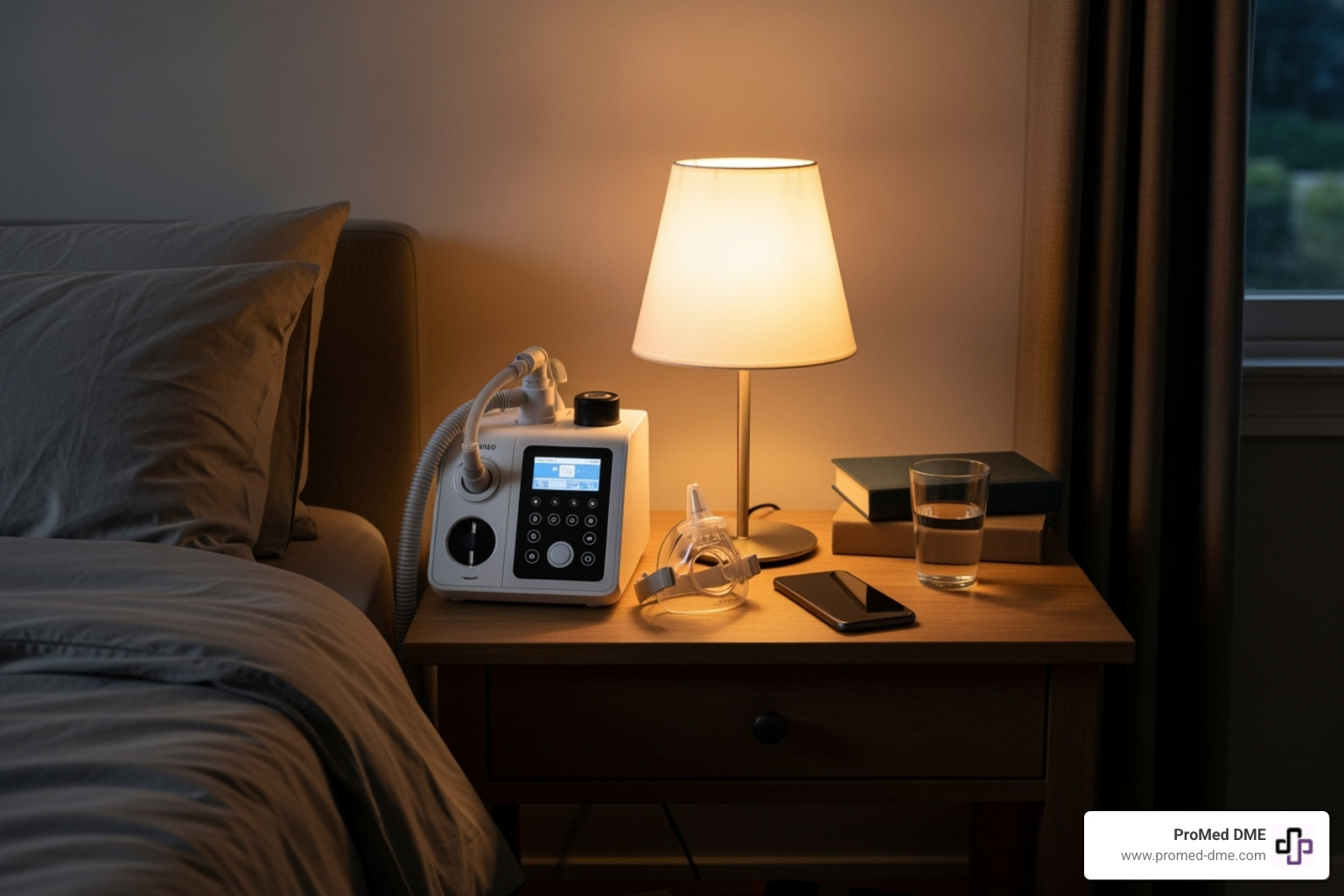Insurance Verifier Jobs: Opportunities Await!

Insurance Verifier Jobs: A Path to Opportunity
Insurance verifier jobs play a crucial role in the healthcare system, ensuring patients receive necessary treatments by confirming coverage and eligibility. For those exploring career opportunities in this field, here's what you need to know:
- Key Responsibilities: Verify insurance eligibility and coverage, communicate with healthcare providers, and ensure accurate financial records.
- Essential Skills: Strong communication, attention to detail, organizational skills, and familiarity with medical terminology.
- Career Pathways: Opportunities range from entry-level positions to specialized roles, with potential for remote work and career advancement.
Becoming an insurance verifier not only provides a stable job but also a chance to make a positive impact in patients' lives by facilitating their access to healthcare. Working in this field requires precision and excellent customer service, making it perfect for individuals who thrive on problem-solving and detail-oriented tasks.

Relevant articles related to insurance verifier jobs:- verify health insurance- verify insurance coverage online- verify patient insurance
What is an Insurance Verifier?
An insurance verifier is like a detective who ensures that a patient's insurance coverage is valid and sufficient for the medical services they need. This role is vital in the healthcare system, as it helps avoid unexpected medical bills and ensures smooth access to treatments.
Insurance Coverage
The first task of an insurance verifier is to check if a patient's insurance policy is active. This involves contacting the insurance company to confirm coverage details, such as what treatments are included and any associated costs like copays or deductibles. This step is crucial to prevent any surprises for both the patient and the healthcare provider.
Patient Information
Gathering accurate patient information is another key responsibility. This includes collecting details like the insurance ID, policy number, and the policyholder's name. Ensuring this data is correct and up-to-date helps avoid delays or errors in processing medical services.
Data Accuracy
Data accuracy is at the heart of an insurance verifier's job. They must enter and update information in the healthcare system carefully. Even a small mistake can lead to significant issues, such as denied claims or billing errors. Insurance verifiers use various tools, including internet portals and hospital registration systems, to manage this data efficiently.

By focusing on these tasks, insurance verifiers play a crucial role in supporting the healthcare system. They ensure that patients can access the care they need without financial hiccups and that healthcare providers receive accurate reimbursement for their services. This makes the role of an insurance verifier both challenging and rewarding, offering a chance to make a real difference in people's lives.
Key Responsibilities of Insurance Verifiers
The role of an insurance verifier is multifaceted, ensuring that both patients and healthcare providers have a seamless experience. Let's break down their key responsibilities:
Insurance Eligibility
Insurance verifiers start by confirming a patient's insurance eligibility. This means checking with insurance companies to ensure that a policy is active and that the planned medical services are covered. It's like making sure you have a valid ticket before boarding a train, preventing any last-minute surprises.
Benefits Documentation
Once eligibility is confirmed, the verifier documents the benefits associated with the insurance plan. This involves detailing what the insurance covers, such as specific treatments or procedures, and any financial responsibilities like copays or deductibles. This documentation is crucial for setting clear expectations for patients and ensuring that healthcare providers are aware of the coverage details.
Patient Interaction
Insurance verifiers often interact with patients to gather additional information or clarify insurance details. Effective communication is key here. They must explain complex insurance terms in simple language, helping patients understand their coverage and any out-of-pocket costs they might face. This interaction fosters transparency and trust, reducing the risk of billing disputes.
Billing Support
Supporting the billing process is another critical responsibility. Insurance verifiers ensure that all necessary information is accurately entered into the billing system. This includes updating patient records with verified insurance details and any authorizations obtained. By doing so, they help prevent billing errors and ensure that healthcare providers receive timely and correct reimbursements.
By handling these responsibilities, insurance verifiers play a vital role in the healthcare system. They ensure that patients are financially prepared for their care and that healthcare providers can focus on delivering quality services without worrying about payment issues. This makes the role not only essential but also highly rewarding, offering verifiers the opportunity to make a real impact in the healthcare journey.
Skills and Qualifications Needed
Working as an insurance verifier requires a unique set of skills and qualifications. These ensure that the verification process runs smoothly and efficiently. Let's explore the key skills needed for this role:
Attention to Detail
Imagine if a single number was wrong on a patient's insurance policy. It could delay a surgery or result in unexpected bills. That's why attention to detail is critical. Insurance verifiers must accurately input and check information to avoid costly mistakes. They need to ensure every detail is correct, from policy numbers to coverage details.
Communication Skills
Insurance policies can be confusing for many people. Verifiers must communicate clearly and kindly. They translate complex insurance terms into simple language for patients and healthcare providers. This clarity helps everyone understand what is covered and what is not, reducing confusion and stress.
Data Entry Proficiency
Insurance verifiers spend a lot of time entering data into systems. They need to be quick and accurate. Proficiency in data entry ensures that patient records are up-to-date and correct. This accuracy is vital for billing purposes and helps prevent errors that could lead to payment delays.
These skills are not just boxes to tick on a job application; they form the backbone of a successful career in insurance verification. By mastering these skills, verifiers can ensure patients receive the care they need without unexpected financial surprises, and healthcare providers receive timely payments for their services.
Next, we'll explore the exciting career opportunities available in the field of insurance verification, including the rise of remote jobs and what you can expect in terms of salary and flexibility.
Career Opportunities in Insurance Verification
In healthcare, the role of an insurance verifier is becoming increasingly important. As medical facilities and insurance companies continue to grow, so do the opportunities in this field. Let’s dive into what these opportunities look like, especially for those considering remote work.
Remote Jobs and Work from Home
The rise of technology has opened the door to numerous remote job opportunities. Many insurance verification positions are now available as remote jobs, allowing you to work from the comfort of your home. This flexibility is a significant advantage, especially for those balancing work with other responsibilities. Companies across the United States are actively seeking remote insurance verifiers to join their teams. 
No Experience Required
For those new to the workforce or looking for a career change, insurance verification offers a welcoming entry point. Many positions do not require prior experience, making it an attractive option for beginners. While having a background in healthcare or insurance can be beneficial, it's not always necessary. Companies often provide on-the-job training to equip new hires with the necessary skills and knowledge.
Salary Expectations
When considering a career, understanding salary expectations is crucial. The hourly rate for insurance verifiers varies based on experience and location. Entry-level positions might start around $18 to $19 per hour. However, with experience, this can increase significantly. Some experienced verifiers earn between $23 and $26 per hour. Location also plays a role; for example, positions in high-cost living areas like California may offer higher wages to match living expenses.
These career opportunities in insurance verification offer a blend of flexibility, accessibility, and competitive compensation. Whether you're interested in starting a new career or looking to transition into a remote work environment, insurance verification presents a promising path. Next, we'll address some frequently asked questions about insurance verifier jobs to help you decide if this is the right career for you.
Frequently Asked Questions about Insurance Verifier Jobs
What is the role of an insurance verification clerk?
An insurance verification clerk plays a crucial role in healthcare facilities. They ensure that a patient's insurance coverage is valid and that the necessary benefits are available before medical services are provided. This role involves checking insurance eligibility and benefits documentation, which helps avoid billing issues and surprises for both patients and providers.
Patient interaction is also a vital part of the job. Clerks often communicate with patients to gather necessary information or clarify details about their insurance plans. They may also work closely with healthcare providers to ensure smooth admission processes.
How does insurance verification support revenue cycle management?
Insurance verification is a key component of revenue cycle management in healthcare. By confirming insurance eligibility and obtaining prior authorization for procedures, verifiers help ensure financial clearance for patient accounts. This process minimizes the risk of claim denials and delays in payment, which are critical for maintaining the financial health of a healthcare institution.
Prior authorization is especially important for high-cost procedures. Verifiers must ensure that all necessary approvals are in place before services are rendered, which helps streamline the billing process and reduces the likelihood of financial disputes.
What are the benefits of working as an insurance verifier?
Working as an insurance verifier offers several benefits. One of the most appealing is the ability to work remotely. Many insurance verification jobs are available as remote positions, offering the flexibility to work from home. This is particularly advantageous for those who need to balance work with family or other commitments.
Job flexibility is another significant benefit. With the rise of digital communication tools, insurance verifiers can often set flexible hours, making it easier to accommodate personal schedules. Additionally, the demand for verifiers is growing, providing job security and opportunities for advancement in the healthcare field.
These benefits make the role of an insurance verifier not only essential in healthcare but also an attractive career choice for many. Whether you're new to the workforce or looking for a change, the flexibility and opportunities in this field are worth considering.
Conclusion
At ProMed DME, we understand the vital role that insurance verifier jobs play in the healthcare industry. Our commitment to delivering exceptional customer service is reflected in how we manage insurance plans. We work closely with most insurance providers to minimize out-of-pocket expenses for our customers, ensuring they receive the necessary medical supplies without financial stress.
Our team is dedicated to providing top-quality products, such as urology, diabetes, wound care, and bracing supplies, with free shipping across the United States. This dedication extends to our customer service, where we have a dedicated nurse on staff to assist with any questions or concerns.
Whether you are considering a career as an insurance verifier or are already in the field, you can trust that ProMed DME is committed to supporting your journey. We believe that by providing exceptional service and working with insurance plans, we can help make healthcare more accessible and less burdensome for everyone.
For more information on how we can support you with your insurance verification needs, visit our resource page. Together, let's work towards a healthier tomorrow.
Related Resources & Articles
Stay informed with our informative blog posts.
Discover the ProMed Advantage
& Try Our Products
We offer free shipping and legendary customer service to ensure you receive the
best DME products for your needs.



